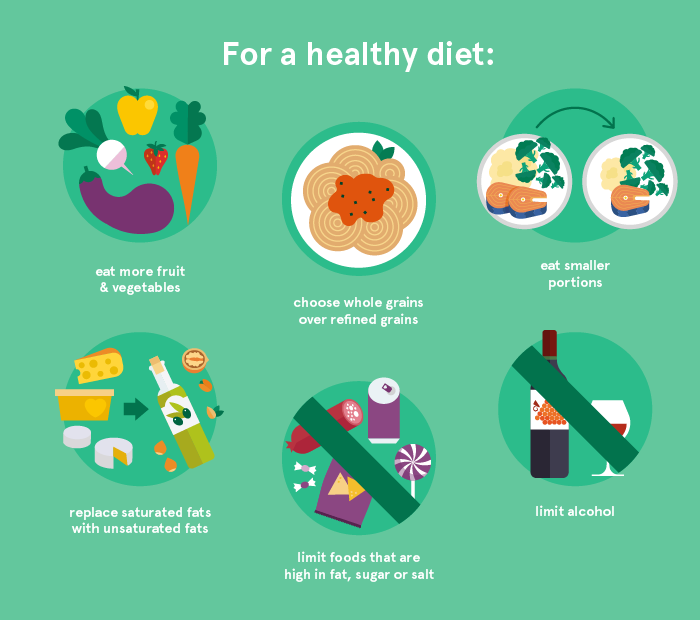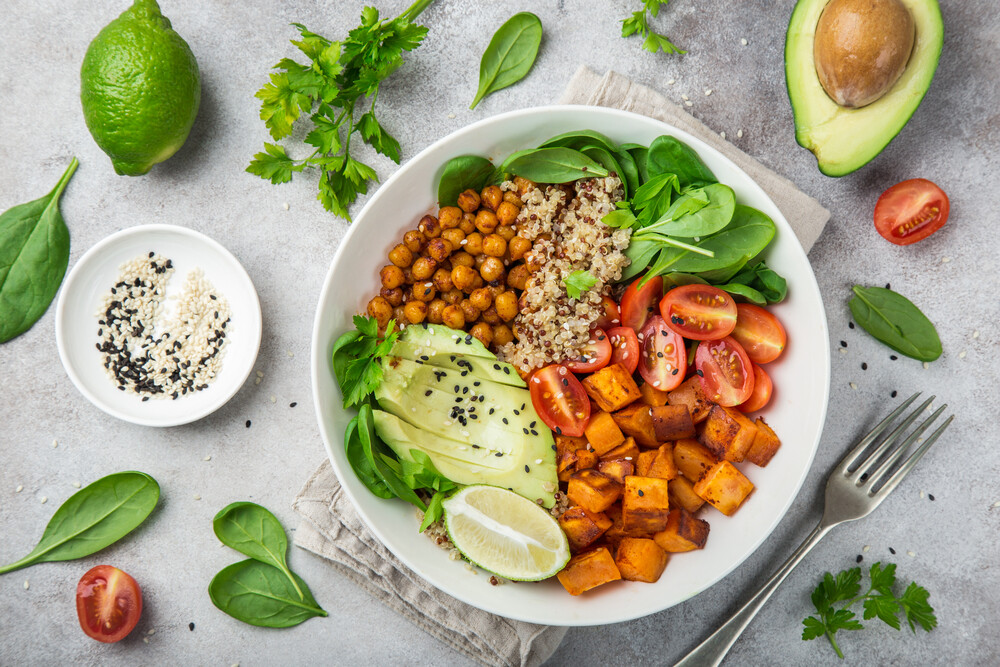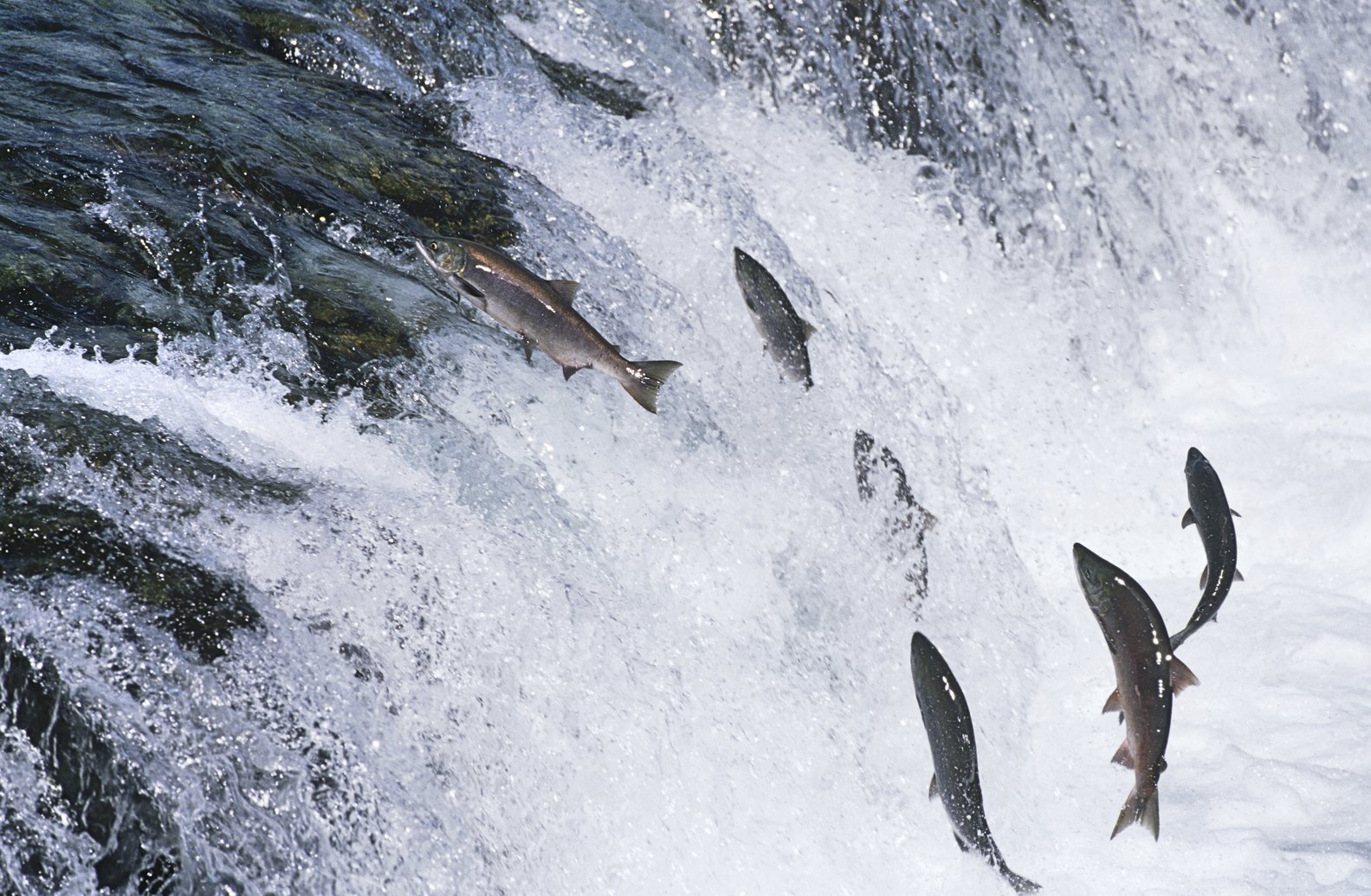The Paleo Diet is the hottest trend right now, where it has captured broad interest and many fans with celebrities endorsement.
Paleo diet is based on a simple premise – if caveman didn’t eat it, you shouldn’t eat it either. The diet suggest that we ought to be eating the way our human ancestors have for millennia, before agriculture, farming and ultimately processed foods came into play. Many believe that common diseases are the result from eating foods our bodies are not “ready” to process. Others counter the claim, suggesting that the human body adapts very quickly to changes in diet, and going back to 10,000 years ago to choose our food product is unnecessary.
What is the Paleo diet, and how is it different than other low carb diet?
It suggests dieters to eat grass-fed meats, fish, fruit and vegetables and plenty of eggs, nuts and seeds – as well as healthy oils. The diet should mimic what an early human hunter could have found and eaten. That also means all grains and dairy should be avoided, including rice, potatoes, breads, peanuts, and beans. Basically – if the food was cultivated, farmed or processed – it is forbidden in the Paleo Diet! (Wolf, 2017)
The one other popular low carb diet called the Keto diet also try to eliminate most carbs. The main difference between them is that the Keto diet advocate eating lots of unhealthy, saturated fat. However, the Paleo diet includes “healthy” fat, especially from lean meats and omega-3 oils.
Why has the Paleo diet gotten so trendy?
Paleo diet like many other fad diets focus on inches and pounds, instead of advocating the desire to stay healthy. It promises dieters that as long as you pick the right food, you can eat all you want and still lose weight. Many dieters are more concerned about the way they look than their health, and the psychological cost of giving up the “fattening” lifestyle seems too great, so many of them opt for the “quick fix”.
Fad diets aren’t new, they work for a short amount of time. In most cases, this is because you eat fewer calories than normal and you tend to pay more attention to what you eat. However, it is difficult to keep up with the demands of a strict diet as it requires you to eat the same foods over and over again. So, after a fad diet, you end up gaining back the weight you first lost…which means it is also when you start googling the next fad diet to follow.
What are the pros of a Paleo diet?
The Paleo diet advocates two very positive things: Eating less processed foods, and eating more fruits and vegetables. Both of these are very healthy habits for anyone to develop.
The emphasis on fruit and vegetable increases the intake of fiber (another good thing!). Selecting grass-fed or free-range meat also means that you are likely to be consuming a leaner and healthier meat product. Finally, as with all diets, the careful emphasis on what you eat usually tend to improve your eating habits.
Trials and studies have also shown that a paleo diet may provide some moderate benefits when compared with diets of fruits, vegetable, lean meats, whole grain, legumes, and a low-fat dairy product. These moderate benefits include: more weight loss, improved glucose tolerance and improved blood pressure control. However, these trials were only done short-term, where possible adverse effects were not assessed if followed in the long run. (Klonoff, 2009)
What are the cons of a Paleo diet?
The biggest concern would be eliminating all grains. Grains have many beneficial qualities including fiber and nutrients. I agree that we are eating way too many grains in highly processed forms nowadays. However, I believe that there’s still a place in a healthy diet for whole grains products. Dairy products also can contribute nutrients that are essential for our body function.
My next concern is sustainability! I think it is important for you to pick a diet that you can stick for the rest of your life. A diet shouldn’t be restrictive or eliminating any of your favourite food. There is no “one best diet”. It’s about finding what works best for you to promote the healthiest and sustainable lifestyle possible. A lot of clients often get discouraged by a restrictive diet, and ultimately relapse to what their previous diets were. Remember, you have to pick a diet that you can stick with!
Why does the Paleo diet claim that your cholesterol level will go down when the diet is mostly animal-based?
This is usually because Paleo dieters have eliminated trans-fat, and many sources of saturated fat, including dairy products. Also, when people lose weight, their cholesterol level also goes down as they are usually eating less, and focusing on eating healthier food.
What is your advice for someone who’s looking to try the Paleo diet?
I strongly believe in a diet that can be done easily, for the long term especially. It has to fit with the individual’s lifestyle. If Paleo diet is something you are looking to try, I would focus on picking the healthy component of this diet, which includes eating more fruits and vegetable, less processed foods, and choose leaner meats.
References:
Klonoff, D. (2009). The Beneficial Effects of a Paleolithic Diet on Type 2 Diabetes and other Risk Factors for Cardiovascular Disease. Journal Of Diabetes Science And Technology, 3(6), 1229-1232. http://dx.doi.org/10.1177/193229680900300601
Wolf, R. (2017). What Is The Paleo Diet?. The Paleo Diet – Robb Wolf on Paleolithic nutrition, intermittent fasting, and fitness. Retrieved 25 May 2017, from https://robbwolf.com/what-is-the-paleo-diet/


